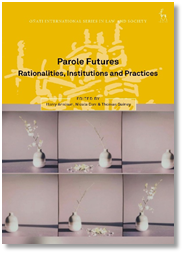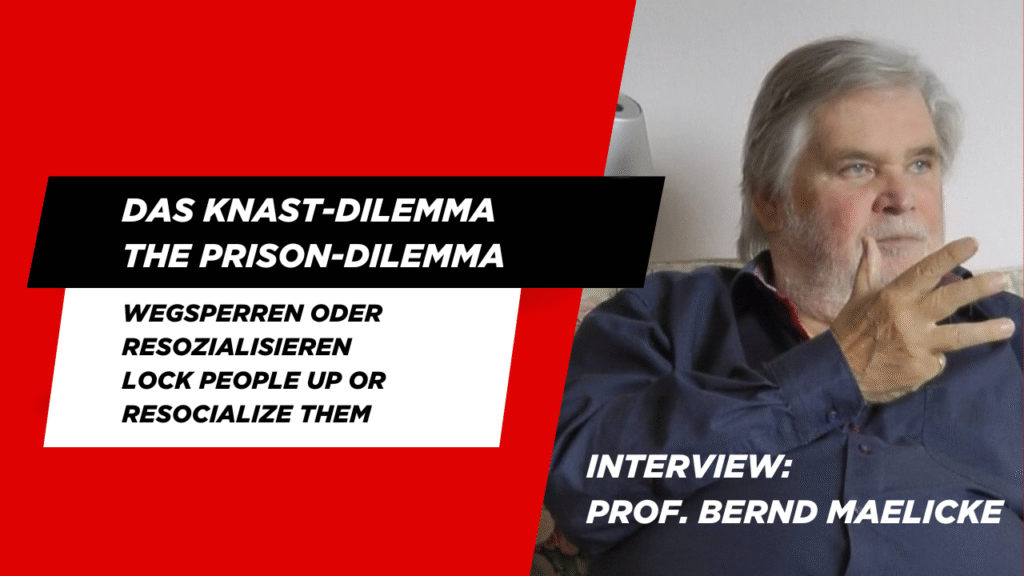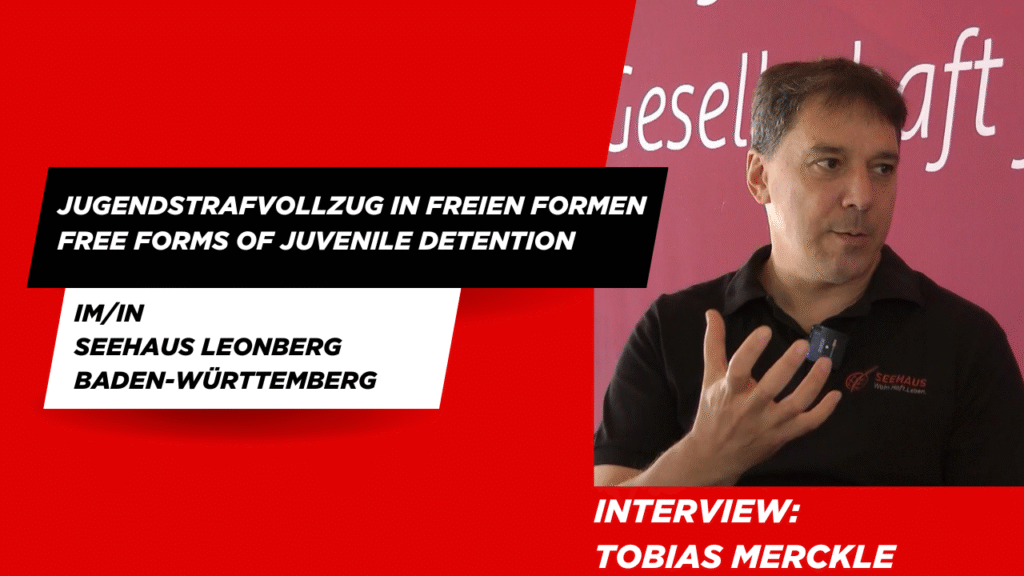Previous Article
News
AWARE: Cross-sectoral awareness building on mental health needs in the criminal justice system and on release
AWARE “Cross-sectoral awareness building on mental health needs in the criminal justice system and on release” is an integrated response to non-discrimination and social inclusion of those who suffer from the double challenge and stigma of both a criminal record and mental health problems.
Guidelines released by the Council of Europe in November 2019 recommend prison staff and probation practitioners receive basic training, which raises awareness of the mental health needs of convicted persons, including information on sources of wider supports. The AWARE project developed fresh data from a pan-EU survey of 5 EU member states to explore the training needs of new and existing prison and probation staff to effectively support clients with mental health needs. AWARE also looked inwards, at how institutions can in turn support the staff to be aware of their own wellbeing.
 In 2019 (prior to the pandemic), across five EU Member states, the AWARE project asked 100 inmates and 100 prison, probation and voluntary practitioners who work with them to detail their perceptions and procedures in mental health care. Our aim was to get a better understanding of how mental health provisions match up with expectations and to identify potential gaps in training provision. To do this, it was crucial to heat the voice of both the system users and the front line practitioners. Although the scope of the resulting data is too limited to be representative, we can see how these findings might give future studies a starting point from which to identify, assess and work out sustainable solutions to existing challenges.
In 2019 (prior to the pandemic), across five EU Member states, the AWARE project asked 100 inmates and 100 prison, probation and voluntary practitioners who work with them to detail their perceptions and procedures in mental health care. Our aim was to get a better understanding of how mental health provisions match up with expectations and to identify potential gaps in training provision. To do this, it was crucial to heat the voice of both the system users and the front line practitioners. Although the scope of the resulting data is too limited to be representative, we can see how these findings might give future studies a starting point from which to identify, assess and work out sustainable solutions to existing challenges.
Specifically, the AWARE survey asked staff who work with convicted clients to tell us what they have had and what they need in terms of mental health training provision, and what skills they think are transferrable for other colleagues in the justice system. AWARE prison and probation staff respondents identified gaps in their procedural knowledge (such as, does a probation psychologist know how an inmate is assessed for mental health issues on arrival in prison?) and practical training (as a probation officer, how should I act if a client has their first mental health crisis on my watch? As a prison officer, what details about an inmate’s mental health might be useful to give to probation service personnel who are preparing this person for release?). It is worth mentioning, that NGO workers contrasted in this respect with both probation and prison staff, reporting that they had adequate training, theoretical knowledge and experience, making them possible candidates for the transmission of knowledge and good practices to staff from statutory institutions.
Some of what we learnt supported fundamental recommendations such as those from the Council of Europe. Some findings were new and can be used to improve practice: the majority of staff in prison and probation thought that (ex)prisoners would first turn to a medical or social worker colleague when depressed or upset. However, 83% of inmates said they would first turn to family or partner, with a third adding that they do not actually have the opportunity to keep this contact up. The AWARE survey also indicated that staff from different agencies (prison, probation, voluntary sector) dealing with the same clients had been trained to interpret and implement mental health policy in different – even conflicting – ways: we asked people who work with (ex)prisoners whether there is a mental health assessment procedure for post-release care. With no significant geographical clustering, 30% answered positively, 35% answered that there is no provision, 30% that they do not know. However, asked whether they as individual professionals know where to send prisoners after release for mental health issues, more than half (60%) of participants answered positively, with a substantial majority citing local NGO organisations.
Survey respondents across a variety of professions who work with convicted clients with mental health needs identified this aspect of their work as a particular trigger for their own stress, and noted their own need to learn to manage this stress. Consequently, as the project progressed, AWARE collected good practice on whole-prison wellbeing can be promoted through training, resulting in the resilience and retention of valued professionals.
This resulting AWARE Mental Health Study Manual has built on what was already know with the input from all stakeholders, and creates a shared single vision of wellbeing in of prisoners and of staff in prison. It is free to use and available in five languages, and is written by practitioners who understand possible lack of resources in our justice systems so offer effective, basic mental health interventions that can be delivered cost-effectively to the benefit of staff and clients. In addition, if you work with prisoners or former prisoners you can sign up for the free AWARE mental health in criminal justice e-learning course in English, German or Portuguese by registering on this email address: aware.portugal@gmail.com
Each of our AWARE respondents felt they had – or had developed for themselves – some skills to manage people with complex needs in a challenging environment, but also felt prison and probation staff must be given more opportunities to regularly develop their skills in updated training as new research becomes available. Awareness raising was identified as knowing when and how to start conversations, between colleagues, with inmates or with people from another institution working with the same clients. The AWARE project developed accessible infographics in five languages to download and print from www.aware-project.org, and collated awareness raising material and transferrable practice from other relevant professional settings. We also developed a comprehensive glossary, so that staff needing clarification of mental health in the justice setting would have a one-stop-shop.
Recommendations and decision-maker level guidance from the project are collated in the AWARE handbook: Recommendations for Policy and Practice, which links each recommendation to an example of transferrable practice already successfully in place in Europe.

Related News
Keep up to date with the latest developments, stories, and updates on probation from across Europe and beyond. Find relevant news and insights shaping the field today.

Probation in Europe, Technology
Have Your Say: EU Call for Evidence on the Digitalisation of Justice (2025–2030)
18/08/2025
The European Commission has opened a Call for Evidence on the Digitalisation of Justice: 2025–2030 European Judicial Training Strategy.
Reading corner

Criminal Justice
Parole Futures
18/08/2025
At a time when many parole systems are experiencing considerable strain, the aims of this collection are twofold: first, to encourage systematic and critical reflection on the rationalities, institutions and practices of parole. Second, to think big, and pose ambitious ‘what if’ questions about the possible futures of parole and prison release. Offering novel insights from Asia, Australia, Europe, North America and South America, this collection builds the case for, and then showcases, a ‘way of doing’ parole research that is global in outlook, interdisciplinary in approach and unapologetically normative in character.
New

Probation in Europe
New Vodcast Episode: Prof. Bernd Maelicke on The Prison-Dilemma
12/08/2025
The 13th episode of Division_Y features an in-depth conversation with Prof. Bernd Maelicke, one of Germany’s most respected voices in prison and probation reform.
New

Probation outside Europe
CEP Ambassador Steve Pitts Receives Prestigious Japanese Honour
05/08/2025
We are pleased to share that CEP Ambassador Steve Pitts has been awarded the prestigious Order of the Rising Sun, Gold Rays with Rosette by the Government of Japan. The honour was officially presented on 25th July 2025 at a formal ceremony held at the Japanese Ambassador‘s residence in London, hosted by the Japanese Ambassador.
New

CEP Events
Mark Your Calendars: Exciting Probation Events Ahead
30/07/2025
As the season continues, we’re looking ahead to a dynamic line-up of events across Europe. From specialised workshops to international training and conferences, there’s something valuable for everyone working in probation and beyond.
New

Probation in Europe
New Vodcast Episode: Tobias Merckle on Free Forms of Juvenile Detention
12/07/2025
The 12th episode of Division_Y features an engaging discussion with Tobias Merckle, a social worker and social entrepreneur from Baden-Württemberg, Germany.
Subscribe to our bi-monthly email newsletter!
"*" indicates required fields
- Keep up to date with important probation developments and insights.

